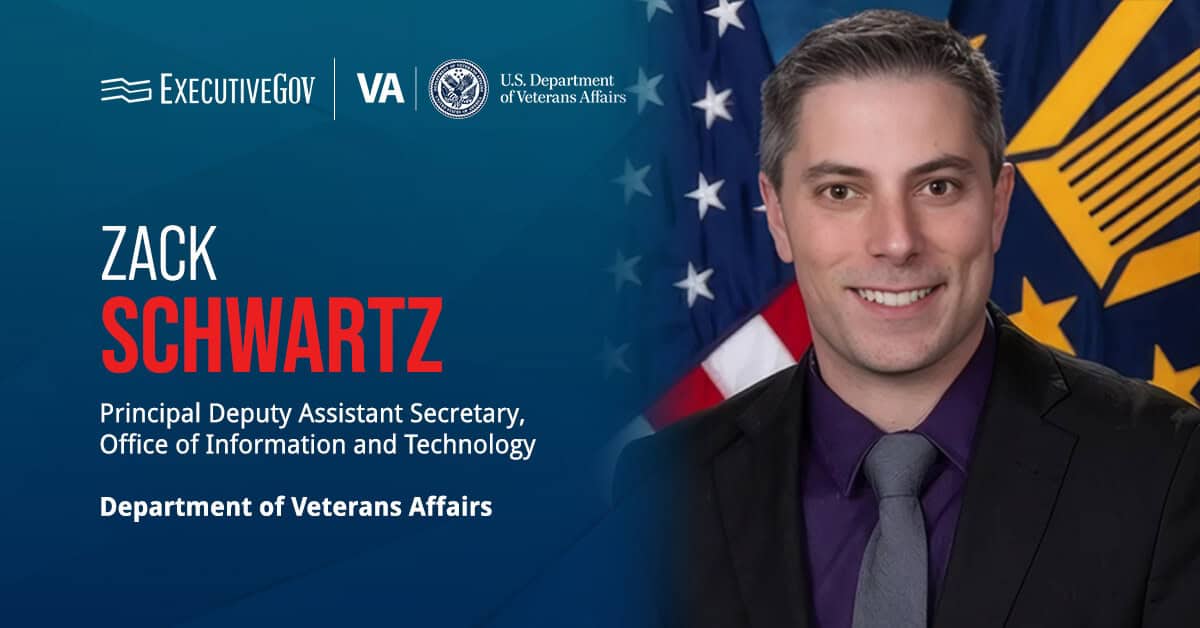
The Federal Trade Commission has reached a new record in the number of received complaints regarding government imposters. FTC said Monday that it received 46,600 complaints in May on cases of scammers posing as government representatives, with a total of 176,200 complaints on the issue filed in 2019 as of spring.
Examples of reported cases include imposters pretending to be from the Internal Revenue Service and the Social Security Administration. These scammers would send false reports of account suspensions, owed money or other violations and demand penalty fees.
FTC reported that 6 percent of these fraud cases have resulted to money loss. The median value of lost money for these cases is at $960 for a period covering January 2018 to May 2019.





